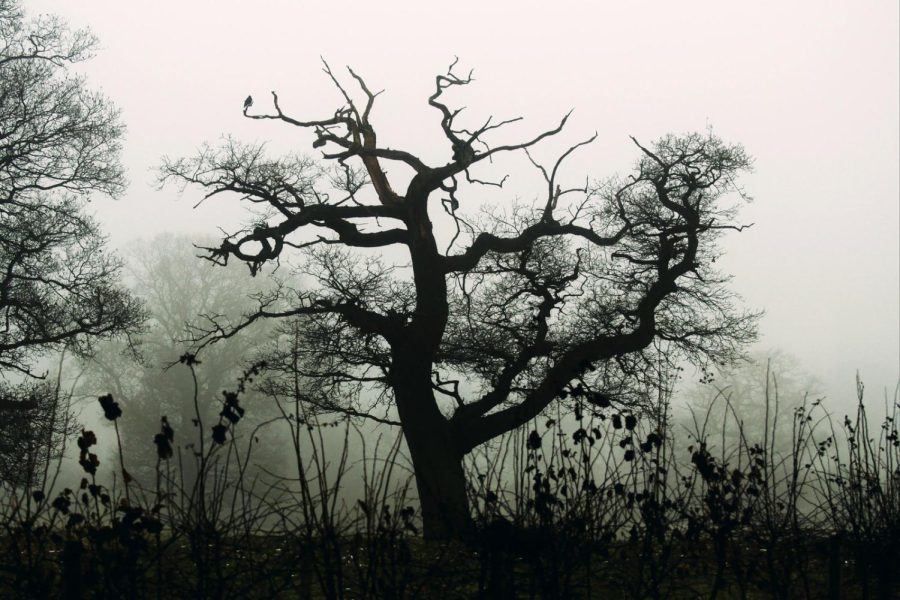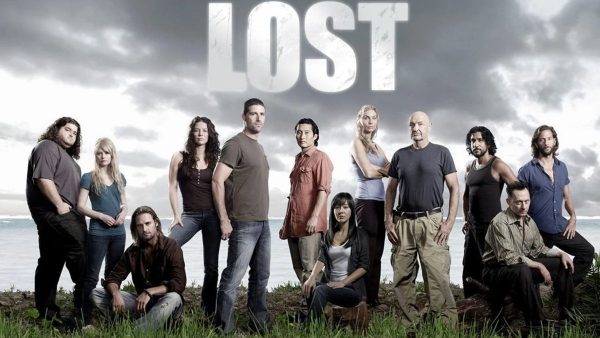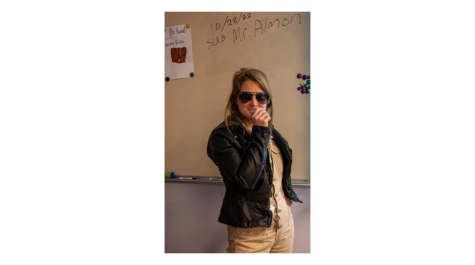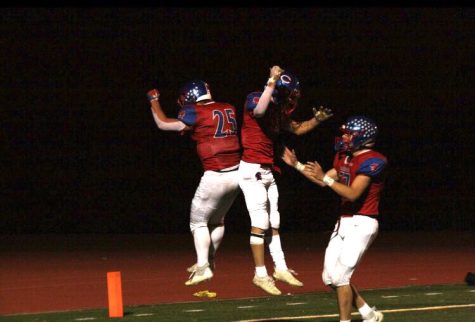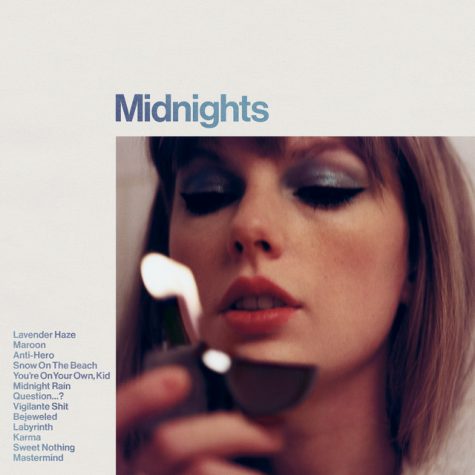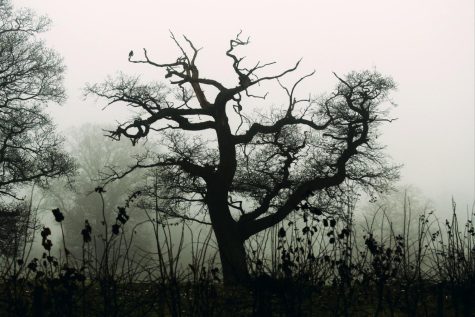The Heir
Disclaimer: This story includes dark themes such as murder, please read at your own discretion.
Murder at The Old House was inevitable; I knew as soon as I met them. Theodore and Olivia: figures from a greek painting, a Shakespeare play, a novel that you found hidden in a bookstore waiting to be scribbled in and fumbled in your hands until it is tattered and ripped. I knew as soon as I saw The Old House that blood would be spilled on the large rug that sat in the middle of the sitting room. Yet it happened so suddenly it surprised me with its abruptness, how sudden a change like this could befall us, how quickly a high wind could begin when it was so still before. The weeks leading up were troubled, distant, and far from normal, but I could not fathom an event like this, an event so extreme, so charged with emotion and doubt.
Now I know I should have predicted this as Olivia did. Poor, poor Olivia. I should have known the devastation it would bring.
It seems dreamlike now, a vision of a long-forgotten past that echoes today. Set in Oxford, a place steeped in history and mythos, tall spires and old stone. Dusty libraries, places of worship, places of decay. It seems so perfect, too perfect.
Enter Olivia with soft hair and soft freckles that pepper her face like stars, soft face, soft everything. She reminds me of a poem I read once about a man who loved the sun too much. Theodore enters next, tall and intelligent, angular features and green eyes that stare through wire-rimmed glasses; a mind of knowledge, of power, of searching.
When I first arrived at Oxford, I saw them standing in the library; both bent over books and papers. Olivia was pouring over an old scroll, her face strikingly beautiful, like a goddess from long-forgotten lore. Theodore scribbles notes about her translations, ink blotting on the page, staining his hands. Teacups and cigarette butts covered the desk where they worked, surrounding them. I had seen them before in class; the program we had all joined was prestigious and few were admitted every year. When I approached them and introduced myself. It wasn’t until I told them I was in the same program, one of literature and history, that they invited me to stay at The Old House.
The cobblestone path leading up to it was covered in a thick mist, only illuminated by dim street lights on either side. At first, I could not see the house in its entirety, the darkness only allowing me to see the meta spires that sprouted from the top. We walked the path to The Old House in silence, Theodore, Olivia, and I, three actors approaching the stage, our minds churning with darkness and mute wonder. The mist cleared and The Old House appeared. I remember first feeling a sense of imminent dread, foreboding, and wickedness so foul. Then- of course- my idea of the house became that of a terrifying beauty and an imposing asymmetrical physique. A looming shadow of victorian style, green ivy, wood, and stone.
Come nightfall, they took me to my first Book & Key meeting. The meeting room was an airy, octagonal chamber with bookshelves covering all eight walls. It was adorned with lavish, velvet furniture and a crystal chandelier that hung from the middle of the room. I felt I must have been dreaming, for it was everything I have ever wanted: to discuss philosophy and art, literature and history in the basement of a school whose walls spoke of secrets yet to discover. Olivia asked of me, Vivamus moriendum est, her eyes glinting in the candlelight awaiting my response.
Although I would love to only remember this first encounter, I cannot, for when I think of Book & Key, I think of Theodore and Olivia. What was once a sanctuary of knowledge and art slowly became a place where I would see Theodore and Olivia yelling at each other when I came down to study or read. Book & Key meetings stopped feeling as dreamlike as they once did and instead were overshadowed by Olivia and Theodore hurling insults at each other after a meeting.
Recently, these quarrels had been getting worse. One of these worse instances I remember well. I was told to shelve a book in the meeting room and was walking down the stairs when I heard them yelling. I stopped in my tracks and stood there listening. It always surprised me when Theodore yelled; he is always so quiet, so reserved. Something about Olivia, though, infuriated him, awoke something dark and primal.
“You lie,” Theodore snarled from the room below.
“You don’t deserve a place with us,” Olivia purred, acid in her voice, “You never did.”
“That’s not your choice, Olivia!”
Before, Theodore was in a state of angry whisper, a growl that came from the back of the throat. Now, however, Theodore was yelling. I noticed that I started to smile slightly, for when Theodore yelled at Olivia, it meant a rift was growing between them. It was then that I had an unconscious feeling this rift was something I wanted.
“Are you mad, Theodore?” Olivia said with mock pity. “Have you gone insane?” a pause, then she continued, “Everything I have done was to be a part of them. You have done nothing and they chose you.”
“How dare you!” Theodore shouted, forsaking all urges to remain calm, “I will have this Olivia, whether you approve of it or not!”
“You forget it is my family, Theodore, mine!”
“Your family or not, It does not matter. I will be chosen. I was chosen!”
“Not yet.”
“What?” Theodore questioned, though I was sure he knew what she meant.
“You are not chosen yet, Theodore,” Olivia said calmly, no longer yelling. “You will not steal my family away from me just because yours was stolen away from you,” and with a note of finality said, “Goodbye.”
When I heard her approaching, I hastily climbed up the stairs and made my way back to The Old House.
Although I did not understand at the time, this particular argument was more important than any of their other petty disputes. Because of this newfound importance when I think of this memory, in particular, I cannot help but analyze who I think was correct in this argument. Furthermore, I cannot help but think about the murder, and the feeling I had when I finally realized the significance of this moment. I understand the effect this had on the murder, and how this would change the course of everything. Now that I know who died and who killed.
Now that I know who was Caesar
Now that I know who was Brutus
Now that I know.
I believe myself to be a good person, and I don’t intend to make you believe that this murder was justified. This was all just a mistake, a tragic accident. Although accident is not the right word, for it was planned, and there was a motive. That much I know. This idea, of course, is something that haunted me. This idea of reason, of justice. Justice is chosen based on the situation; an idea that stems from the Romans, who popularized the belief of justice based on circumstance alone. And this situation? Can murder be justice? No, most definitely not. Murder can’t be justice, it can’t be.
But what of the society meeting? We talked of Julius Caesar, of his murder, of Brutus. Of the good of Rome.
What of the good of Rome?
The meeting comes flooding back. Olivia sitting there blank-faced, silent. A single tear slid down her cheek. So unlike Olivia. At the time, I thought she was still upset from the fight, but when she saw me looking at her she wiped the tear from her face and glared into the distance, face stone cold. But of course! Then she knew, she knew of what would happen.
At the Old House that night, Theodore was missing and Olivia acted crazed. She was obsessed with the idea that Theodore was going to hurt her, take her place, kill her as Brutus did to Caesar. For the good of Rome. For the good of the family.
The next day, I followed Theodore out of The Old House and saw Olivia’s family, shaking Theodore’s hand. Olivia’s family, rich and powerful. In control of the school and the academic societies that presided in it. Olivia’s family, who needed an heir. I came to realize then that Theodore was that heir.
Theodore, not Olivia.
And that brings us to the murder. A murder so dark and terrifying, it must have come out of a dramatic play. And how can I say that this murder was justified, morally correct?
All of this is wrong. All of my life disrupted and destroyed. How must I live in a world in which I believe such evil things, such dark truths? Yet this is my world, this was my choice to join Theodore and Olivia; to enter the stage, to plunge myself into philosophical debates and ideas, to chose to live like this, to go to Book & Key meetings, to pray at an alter of poetry and Shakespeare and mythology and history, to fall in love with Olivia, to study with Theodore, to read classic literature in the full moon, to play piano in the library, to listen to jazz, Bach and Mozart?
Then last, a Murder.
And were they deserving of this killing, was the culprit really at fault? Did this murder have to happen to save the family name? But look at me, how can I justify such an event, how can I glorify such a horrendous act? But if I do not, I risk allowing myself to forsake all philosophical questions that I seek to discover. I would betray every sense of greatness that I have tried to become. I would betray Oliva and disappoint Theodore. Have I been cursed to always question myself and my own identity? Nothing seems more imminent and compelling than the overpowering urge to rid myself of this burden, to dispose of myself from the threat of tearing myself apart.
But how can I wash my hands clean if I cannot bring myself to rid my life of everything I have enjoyed the past year at Oxford. Olivia and Theodore have given me everything I could have ever dreamed.
They have given me everything.
But in that, they have changed me, reconstructed my being, my identity,and my mind. Tore me down and built me back up to their liking, a sculpture constructed in their image. So how do I not believe that I feel this way because of them, planting seeds in my head so that I would not question their actions?
Who have I become?
Have I become someone who justifies an act as significant and life-changing as murder? Could this act not be as horrendous as I expected, could it be something that would save something greater than the victim?
Who have I become?
This all feels so unreal, so dreamlike; something you could read, not actually experience. If I were to read this in a piece of literature as it feels, would I come to this same conclusion?
Who have I become?
Have I become a monster, forced always to claw and scream and look deep into my being, tear myself apart inside, crumble to ash and become reborn into something horrendous and dark?
But I cannot answer that question now, for I have put myself in this world of leather-bound books and black tea that stains teeth. Now I must come to terms with my own reality and face what is to come.
Now I have to face Olivia, who sits in an armchair, face blank, her white linen stained with Theodore’s blood.
Now, I have to look at Theodore who lays face down on the floor.
Now, I have to bring my eyes to the knife glinting in the moonlight; a silver blade speckled with blood.
“Not that I loved Caesar less, but that I loved Rome more”
–Willam Shakespeare, Julius Caesar
Your donation will support the student journalists of Centaurus High School. Your contribution will allow us to purchase equipment and cover our annual website hosting costs.




